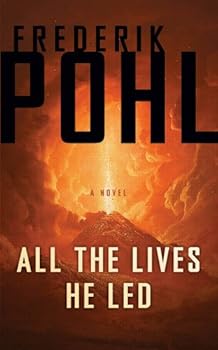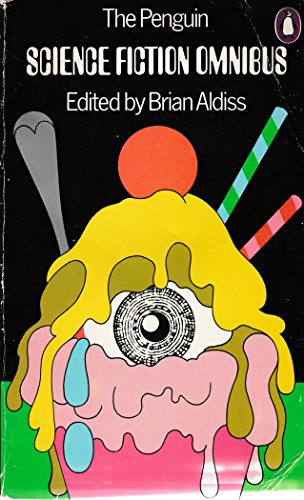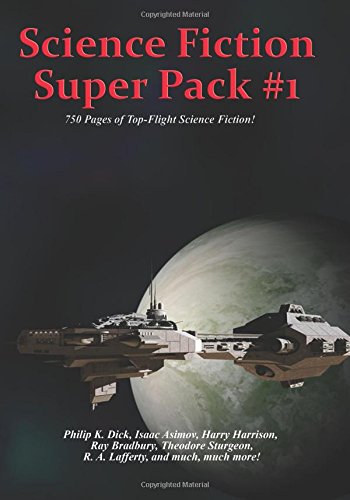The Space Merchants by Frederik Pohl & Cyril M. Kornbluth
It is pretty obvious that the debasement of the human mind caused by a constant flow of fraudulent advertising is no trivial thing. There is more than one way to conquer a country. ~Raymond Chandler
I read The Space Merchants, a classic science fiction satire about advertising and consumerism run rampant in a future world, before my sister got me to watch the popular cable TV show Mad Men,
Read More

 (1919-2013)
(1919-2013)























Do it! One of the best things I've read in recent years.
This reminds me. I want to read Addie LaRue.
We’re in total agreement David!
I felt just the same. The prose and character work was excellent. The larger story was unsatisfying, especially compared to…
Hmmm. I think I'll pass.